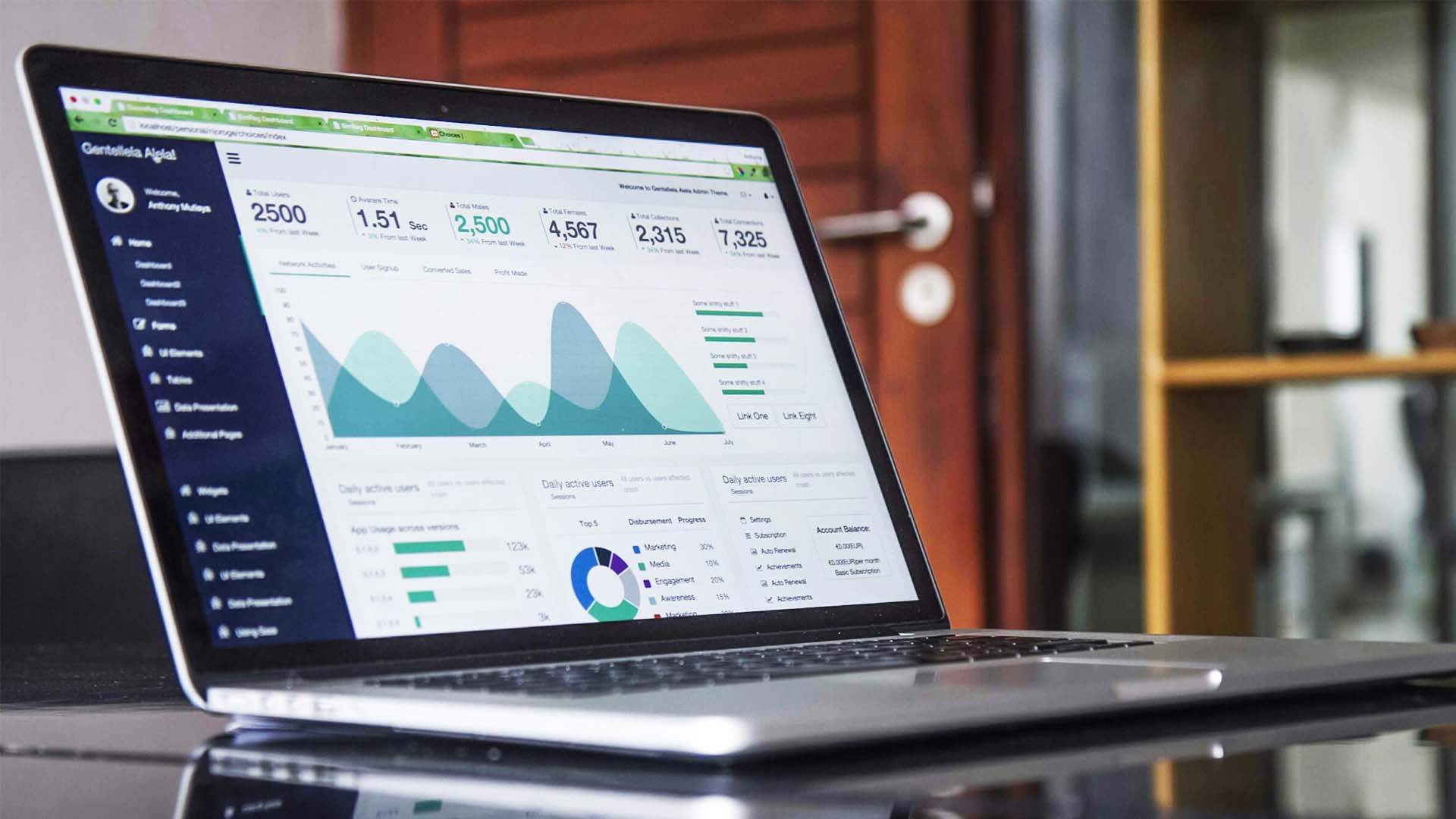In sports betting, where anticipation and speculation have traditionally led the wagering world, a new player has entered the game, revolutionizing strategies and outcomes: data analytics. We now welcome the era of data-driven decisions in sports wagering, a landscape where every bet is more than just a stroke of luck or intuition.
Below, we’re peeling back the veil on how analytics tools and data science alter the sports wagering industry. From casual bettors to professional sports analysts, we’ll explore the insights sports analytics provide and how they’re used to make better-informed bets that are changing the odds in exciting new ways.
The Evolution of Betting Analytics
Betting has come a long way from its early days, with the evolution of analytics transforming it into a more calculated and strategic endeavor. The fusion of technology and data has given bettors unprecedented insights, enabling more informed decisions.
From rudimentary guesswork based on past performances to real-time data analysis, sports betting analytics have leveraged statistical science to predict more accurate outcomes. Sophisticated algorithms and machine learning now dissect player statistics, environmental variables, and historical data, providing depth to once-inconceivable betting strategies.
This rigorous analytical approach has spread throughout the wagering world, from sportsbooks to individual bettors, all seeking that competitive edge in a rapidly evolving industry.
Enthusiasts and professionals alike now rely on many tools, such as predictive models, probabilistic simulations, and performance databases. The emergence of big data and powerful computing has also offered inconceivable betting strategies into the fabric of betting, turning it into a sophisticated game of skill and precision.
Performance Metrics That Matter
Sports analysts are leveraging a range of performance metrics to gauge the future success of teams and players. Variables such as player efficiency ratings win shares, and real plus-minus are now common tools for bettors seeking an edge.
These metrics offer a more nuanced understanding of value and performance beyond traditional stats like points scored or batting averages.
Furthermore, different methods exist to clarify and measure the data, and one essential way is by using appropriate key performance indicators, which can be likened to athletic and performance metrics. These metrics vary depending on the sport and the individual athlete.
Data is generated whenever an athlete engages in training sessions or competes in events. This data falls into two main categories: that which pertains to the athlete’s physical performance and that which is specific to the sports discipline involved.
Real-Time Data for In-Play Betting
In-game wagering pertains to placing bets as the event unfolds, necessitating real-time data analysis. This aspect of sports betting thrives on analyzing changing information as the action occurs, which is a thrilling component of the betting experience.
Real-time statistics, such as team possession, player changes, and injuries occurring during the match, can significantly influence the outcome. Access to immediate data allows gamblers to alter their bets in response to emerging chances within the game.
Real-time data analysis has changed the game for in-play betting, delivering a competitive edge to those adept at interpreting evolving game dynamics. By analyzing up-to-the-minute statistics and performance metrics, bettors can gain insights into changes throughout the game, which can heavily influence a sporting event’s outcome.
Risk Management for Sportsbooks
It’s not just bettors who benefit from analytics. Sportsbooks also face the ongoing challenge of managing risks to ensure business sustainability and profitability.
This is where data-driven analytics steps in as a decisive player. By harnessing the power of big data, sportsbooks can analyze vast amounts of information to make informed decisions on odds setting, identify betting patterns, and detect potential fraud.
The use of sophisticated predictive models allows sportsbooks to forecast game outcomes accurately. These models consider many variables, including team performance statistics, player injuries, and weather conditions.
The insights derived from this data are instrumental in setting dynamic odds that reflect real-time conditions, thereby better managing the risks associated with unanticipated events.
Personalization
Data analytics has also offered a personalized experience that caters to the preferences and behaviors of individual bettors. Gone are the days of one-size-fits-all betting options.
To tailor recommendations and odds, today’s sophisticated algorithms analyze a wealth of data, including past betting history, preferred sports and teams, and the type of bets a user typically places.
From live betting adjustments to predictive modeling of future games, data-driven insights empower bettors with a more informed and strategic approach to placing wagers.
Moreover, personalization extends to marketing strategies, where promotions and offers are custom-crafted to engage users deeper, enhancing user experience and loyalty in this highly competitive industry.
Conclusion
The intersection of sports wagering and data analytics is exciting, offering greater precision and objectivity in decision-making. With the continuous advancements in technology and data science, the potential for analytics to shape sports betting strategies is immense.
As the industry evolves, bettors and sportsbooks will find that embracing a data-driven approach may be the key to success.















